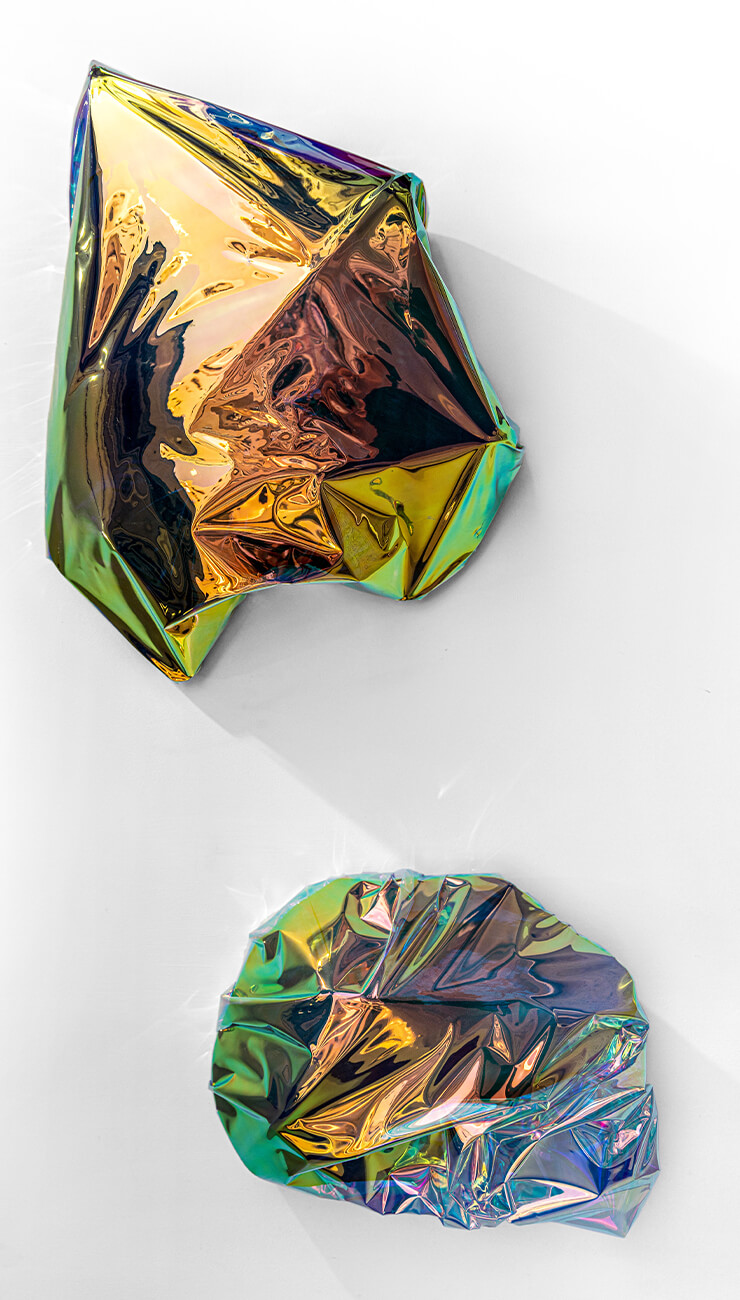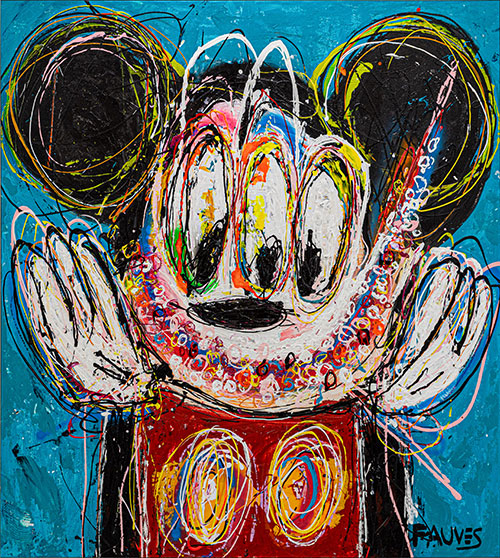At a time where many cities are booming with luxury developments, new projects must go above and beyond to gain an edge over the competition and stand out. A popular method used to achieve this is by aligning themselves with art! This of course goes beyond curating a set of prints or photographs in a tower’s lobby. Developers and real estate agents are now partnering with galleries and art specialists, as well as commission site specific works by renowned artists. Art is even being incorporated into the sales gallery of a new development to attract a certain clientele.
A large part of the reason art has gained such a prominent part in new luxury developments is because buyer’s relationship with fine art has changed. Over the past decade, the art industry has grown dramatically. The long-termed, worldwide trend of increasing wealth, in addition to the growth in knowledge about the art world led to an increase in the number of people interested in collecting and investing in artworks. People are much more comfortable and confident viewing, discussing, and interacting with art.
Today’s clients have travelled the world, have the finest luxury goods at their fingertips and expect the best in architecture, design, and lifestyle! They want to invest in luxury properties that have been thoughtfully executed, and the attention to artistic detail indicates a quality development and originality. There’s a level of prestige that comes with having original art within a property; it elevates the perceived value. Art adds a certain atmosphere to the home that might otherwise feel sterile or incomplete and this atmosphere can influence the client’s decision in purchasing the property. Also, the provision of a curated art collection often encourages people to spend more time in the apartments – a boon for both the developers and gallerists alike. The art pieces on display are not just for the benefit of the real estate agency but also for the gallery. Art is being used to sell apartments, and conversely, apartments too are being used to sell art. The works are on sale and this allow art dealers to connect with prospective clients. Even if during the showing the art doesn’t sell, the gallery still gains exposure.
In an attempt to captivate the attention of the buyers and grant landmark status to their buildings, developers are extending this relationship between art and real estate by commissioning site-specific artworks at the common areas of the buildings to develop the most compelling narrative for a project. An example is Alyson Shotz’s iridescent acrylic and aluminum sculpture at 70 Vestry’s lobby, which mimics a butterfly’s wing and reflects the changing light over the Hudson River in New York. Another example is Jeff Koons’ sculptures ‘Seated Ballerina’ and ‘Pluto and Proserpina’ in Oceana Bal Harbour in Miami for which Argentine developer Eduardo Costantini, (who also founded the Museum of Latin American Art of Buenos Aires) spent $14 million.
Some developers are even taking this one step further and incorporate art in the architecture of the building. A recent example can be found in New York, at Tribeca’s “Jenga Building,” officially known as 56 Leonard, where Anish Kapoor’s monumental mirror sculpture was installed at the base creating the illusion of both propping up the building and be squashed by it.
Choosing the appropriate art for people to walk by and live with every day is a difficult task. People need to feel the connection with the artworks; therefore, the collection needs to be carefully curated, to be coherent and to have a story to tell. It’s all about communicating and displaying it in the proper way that it becomes apparent and therefore of real value.
In the fast-paced market of real estate, where everyone is trying to distinguish themselves, art clearly seems like a smart bet!
























